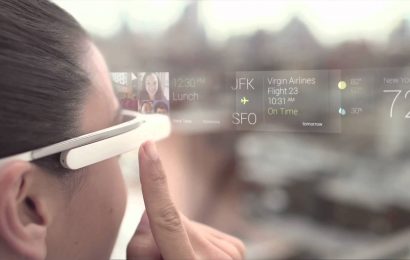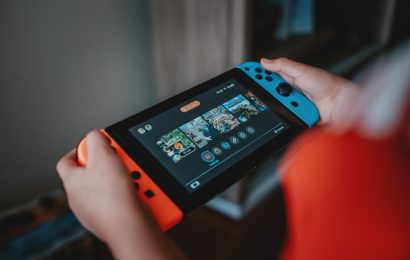The new face recognition technology on the iPhone X might raise some serious privacy concerns
As passwords can be tricky to remember sometimes, more and more people are embracing the biometric technology such as using a thumbprint to unlock the phone and why not, even the entire face.
This week, Apple started taking pre-orders for its pricy new iPhone X. Besides the $1,000 price tag, the smartphone also brings a new unlocking methods that is raising concerns regarding security and privacy: the company replaced the thumbprint with a 3D scan of the face.
Even though Apple claims that the facial data will only be stored on the phone, and not on any company servers, there are other companies that use similar technology and are not as protective with the data.
One of the largest facial databases in the world is owned by no other than Facebook. There are 350 million photos uploaded to its servers on a daily basis. Moreover, in June 2017 the company reported that they have 2 million monthly active users.
Even though Facebook currently uses the technology to detect who is in your photos, technology reporter with Slate, April Glaser, warns that the database could be used in other ways in the foreseeable future.
“Certainly in a few years, we could imagine a scenario where there’s a camera that knows you walked into a store and somehow that’s married to your Facebook activity,” said Glaser
“They know your emotion or what you just posted. They know you’re having a good day because you shared something happy about your family, and then they’ll be able to market to you perhaps based on that emotion,” she added.
More than that, according to Glaser, Facebook has worked on technology that can perceive your emotions based on your face.
There is also another topic in discussion:
“Right now police do need a warrant to unlock your phone or compel you to hand over a password. But it’s still contested whether or not they can force you to put your finger on a touch ID,” she told CNBC.
“And something that’s way less coercive that forcing someone to put your finger on a touch ID is just simply confiscating the phone and holding it up to your face,” Glaser added.
Source: cnbc.com



